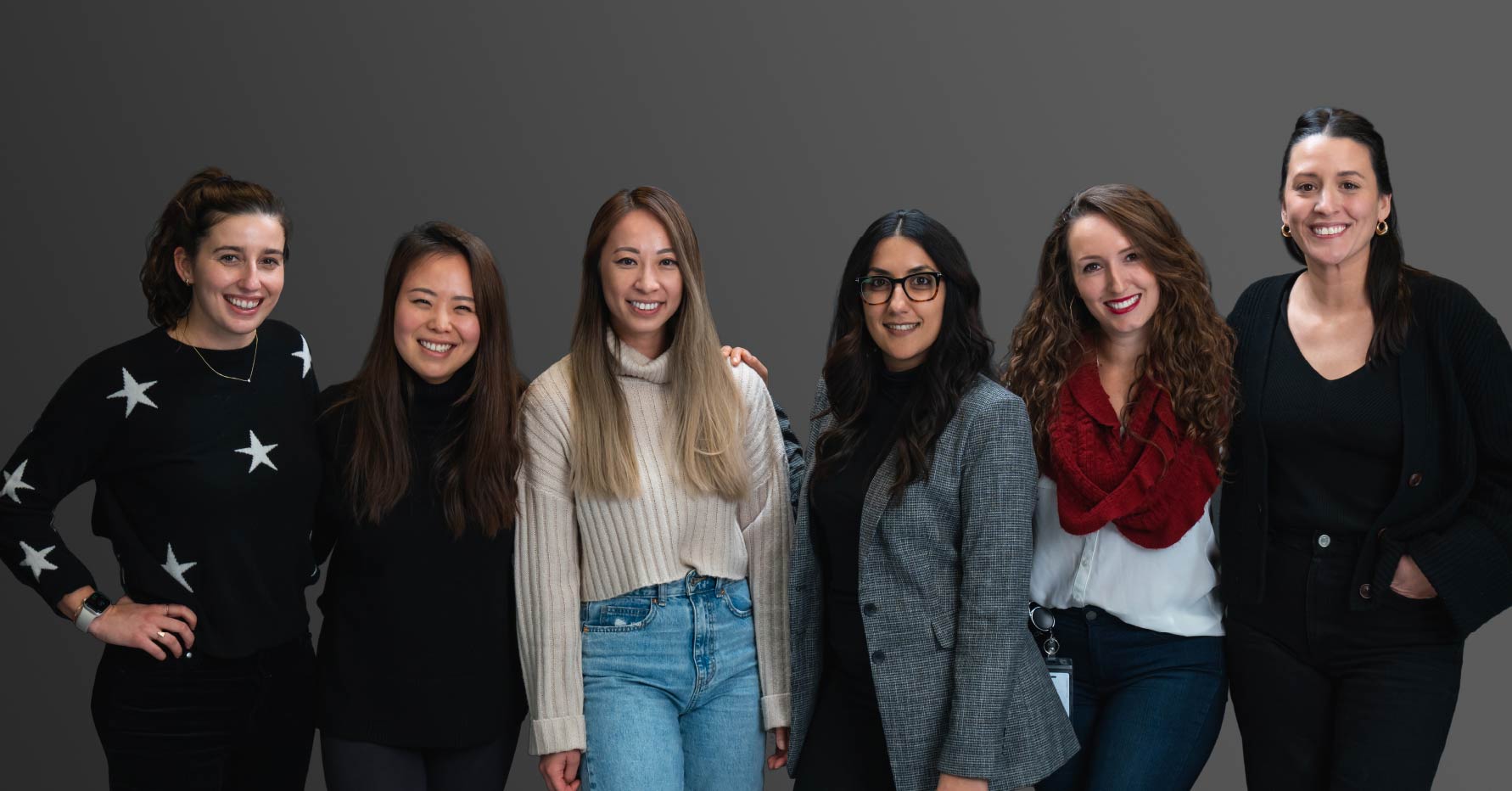For this International Women's Day, we sat down with Clari EMEA Head of Sales Roisin Corrigan to get her thoughts about unconscious bias and how she has seen it impact her career and the careers of other women in the field of sales. She also shares her insight on how organizations can take measures to combat unconscious bias in their culture and her advice for young women entering the field.
How do you define unconscious bias and what impact does it have on individuals and organizations?
I think unconscious bias is now a fairly well established term about which many companies are looking to educate their workforce. I would define it as learned stereotypes that are both deeply ingrained and largely unintentional, almost like an automatic response mechanism designed to expedite decision-making that ultimately influences our behavior.
In a workplace environment, it can result in a reflexive tendency to form opinions about colleagues without having enough relevant information about them as individuals. This can stem from preconceived notions, past experiences, or "gut instinct," and can shape unconscious decisions in relation to them.
It's important to highlight the unintentional nature of unconscious bias. There is usually no intended malice—it is as unconscious as the route that you might take to the office every day—almost automatic.
But at the same time, in the B2B sales world, I find it a little absurd. For one, your colleagues will have gone through a rigorous series of barriers of entry to be on your team. They were vetted and selected for their skills, aptitudes, and general competence through the same process as you were. It stands to reason that it should always be assumed that they are capable professionals, or at least every bit as capable as you are, regardless of who they are, what they look like or other social factors.
Secondly, the purpose of any organization is to perform optimally (however that is defined), and that implicitly requires the active mitigation of any impediment to optimal performance, including any that originate from human error. Unconscious bias falls squarely into that category.
And lastly, I think that it's worth adding the strength found in a diverse workforce—with differing opinions and thought processes. I think especially in sales, having many perspectives to bring to the table can only be seen as an asset. For instance, it has been shown that racially diverse teams report a 35% increase in performance.
Can you share how you have personally experienced bias in your career, unconscious or otherwise? What are some things you have had to tolerate in professional environments that the men you've worked with have not?
I mentioned earlier how unintentional this kind of bias is—and for that reason I think most "perpetrators" (for lack of a better word) are completely unaware of the impact of their words or actions. I have found in my past experience that when you alert someone to the fact that they may be displaying some kind of bias, they tend to be remorseful and eager to rectify any harm they may have caused.
I think this is why it is so important to share our experiences with bias because it will go a long way to helping people to be more conscious to avoid it in the future.
Women are twice as likely to experience this kind of bias in the workplace, and sales was at one time a very male-dominated discipline, so I think we have more work to do now that women represent such a large proportion of the sales force. I am actually proud to say that at Clari, 34.1% of the sales roles are held by women. It is long overdue for unconscious bias to be eradicated from the field now that sales teams are so much more diverse.
Examples of the types of bias I have experienced include:
I've been in sales management since my mid-30s and anytime I enter a meeting most people don't expect or assume that I am the most senior person in the room.
There have also been situations where it has been assumed that I am not interested in certain topics of discussion—sports being the obvious example—simply because I am the only woman on the team.
Or moments when perhaps my passion, drive, and determination have been acknowledged in a negative way—where I have been labeled as "too driven" or "too determined"—something that I have never seen when it comes to successful male counterparts.
These experiences should not be commonplace anymore, and I am excited for the female sales leaders of the future as I hope we can remove these kinds of experiences in the coming years.
What are some things you feel organizations can do to mitigate bias at the systemic level?
A great start is to provide some structured diversity, equity, and inclusion (DE&I) training to every employee on unconscious bias, stereotypes, and other assumptions. This should be implemented throughout the employee experience, not just at the recruitment stage. If management is serious about combating discrimination and prejudice of any kind, it has to start with awareness, education, and a consistent statement from the company that this is not something they want in their culture.
This sort of training can drive incredible results because the vast majority of decent, hard-working people want to work in environments where they are not unconsciously displaying any kind of bias—or receiving it—so simply explaining what it is and how it can show up can go a long way to eradicating it.
And to that end, organizations should create a culture that promotes open expression and discussion of bias so that you build trust with your employees. Ask for feedback and (actually) take actions based on it.
What would you tell young women entering the field of sales?
I would tell them to just go for it.
In my personal experience, gender has nothing to do with your success in this field—only your grit and willingness to put in the work.
I sort of fell into sales as opposed to choosing it as a career, but it is so much fun and you have the opportunity for great success (while making a ton of money).
Also, throw out whatever preconceived ideas you may have about it. Find some other females in sales, reach out to them, ask for time to understand what it really involves, and ask for support. Throughout my career, I have never turned down helping anyone into a sales career that asked me. You will learn a lot of great skills that are very transferrable into other roles, and it opens the door to many other opportunities. You will get to work with teams of people on a daily basis, both internally and externally, and have the opportunity to bring value to lots of other businesses while having FUN doing it.
Above all, don't let anyone tell you that you can't do it—even yourself.
Roisin Corrigan is the Clari EMEA Head of Sales and was awarded The Best Women Sales Director by the European Women in Sales Awards 2018. She currently serves as a judge in The Women in Sales Awards and as a mentor to other young women in the field.


